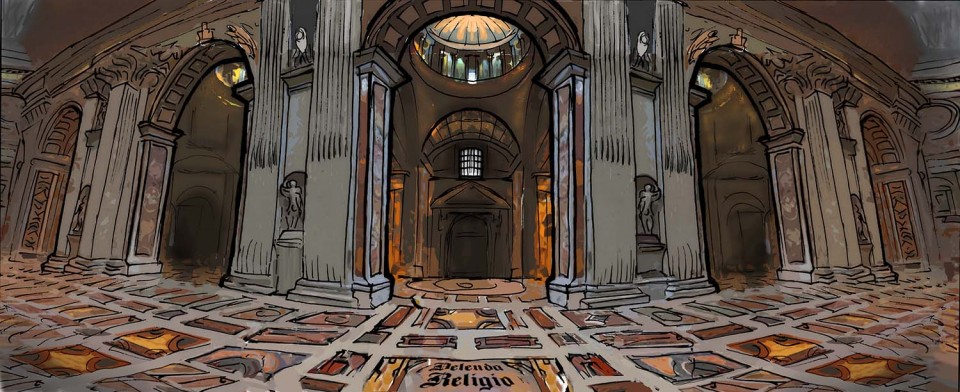. . . as do even grandmothers. Little children know this happens but take a while to realize they will never see Grandpa or Grandma again. They may cry, but they get used to them not being around any more. It never occurs to them that they too will – with luck – become grandparents themselves and therefore die. And no one is about to give them a lecture about universal human mortality. Pets die too. Their demise, like that of grandparents, gets some of us to talk to children about Heaven; kids never wonder about how many people and pets are “Up There”.
As we grew up, death was all around us, but we never talked about it, and, as far as possible, preferred not to think about it. We witness and later personally experience the warning signs in others and ourselves, but expect – some of us even pray for – a “rapid recovery”. The rare realists among us learn to accept the inevitable.
Primitive myths about an “afterlife” overlook the pointlessness of having to die (unless it is to provide “lebensraum” for others). The “God”, invented by the credulous, for some reason supposedly made us mortal, vulnerable to all sorts of dangers. But even survivors of disasters (as well as the “miraculously cured”) eventually die. The religious “explanation” (preparation for eternal life) suffices for the majority. It has been my personal good fortune to realize that my own beliefs about my “immortal soul” were groundless. I know why people invented God and the religions that perpetuate our wishful thinking. I will never know why I, like every entity that ever lived, will sooner or later die – apart from the fact that I’m a grandfather and grandfathers die.
RIDENDA RELIGIO
